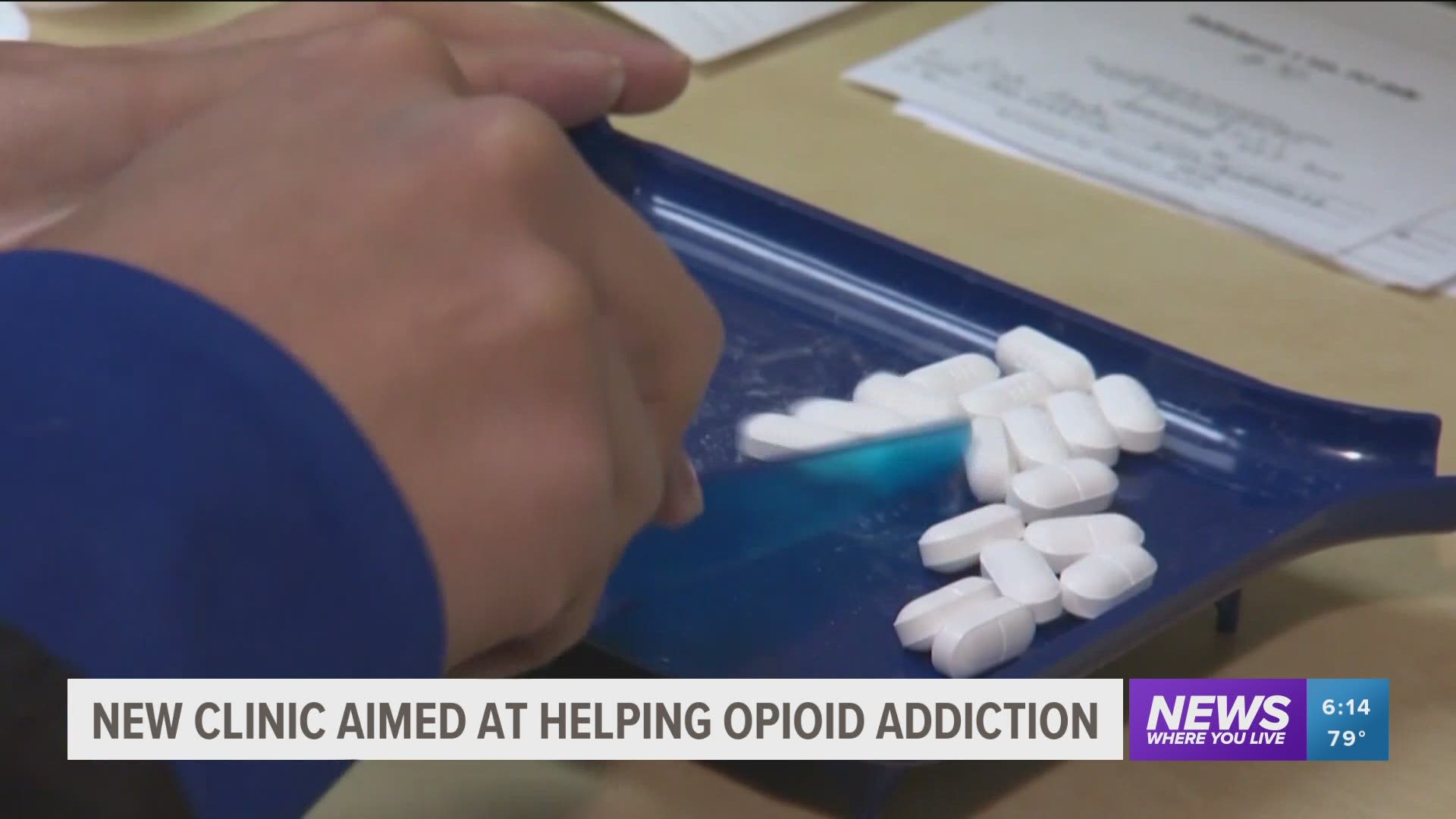LITTLE ROCK, Ark. — Attorney General Leslie Rutledge has reached a $26 billion opioid agreement with the nation’s three major pharmaceutical distributors, Cardinal, McKesson and AmerisourceBergen, and Johnson & Johnson.
On April 2, 2022, the pharmaceutical distributors will begin releasing funds to a national administrator. The funds will then be allocated to state and local governments during the second quarter of 2022.
“These companies have played a major part in the creation of the opioid epidemic across this nation,” Rutledge said. “In Arkansas, we will receive $216 million to fight the opioid crisis that has impacted nearly every community.”
Rutledge announced the Arkansas Opioids Memorandum of Understanding (MOU) agreement in October 2021. This agreement clarifies the allocation and use of $216 million in the opioid manufacturers and distributors settlement. It states each party including cities, counties, and states will receive one-third of the funds. The funds will be used to support treatment, recovery, harm reduction, and other strategies to address the opioid epidemic.
The agreement marks the culmination of three years on a national level of negotiations to resolve over 4,000 claims of state and local governments across the country. This is the second-largest multistate agreement in U.S. history. The first is the Tobacco Master Settlement Agreement.
Fifty-two states and territories have signed on to the agreement.
Cardinal, McKesson, and AmerisourceBergen will have the following additional requirements:
- Establish a centralized, independent clearinghouse to provide state regulators with aggregated data regarding where and how often their drugs are being sold, eliminating blind spots in the current systems used by distributors.
- Use data-driven systems to detect suspicious opioid orders from customer pharmacies.
- Terminate customer pharmacies’ ability to receive shipments, and report those companies to state regulators, when they show certain signs of diversion.
- Report and prevent the shipping of suspicious opioid orders.
- Prohibit sales staff from influencing decisions related to identifying suspicious opioid orders.
- Require senior corporate officials to engage in regular oversight of anti-diversion efforts.
Johnson & Johnson will be required to:
- Stop selling opioids.
- Not fund or provide grants to third parties for the purpose of promoting opioids.
- Not lobby policymakers concerning activities related to opioids.
- Share clinical trial data under the Yale University Open Data Access Project.
To learn more about the impact that the opioid epidemic has had on Arkansas, click here.

